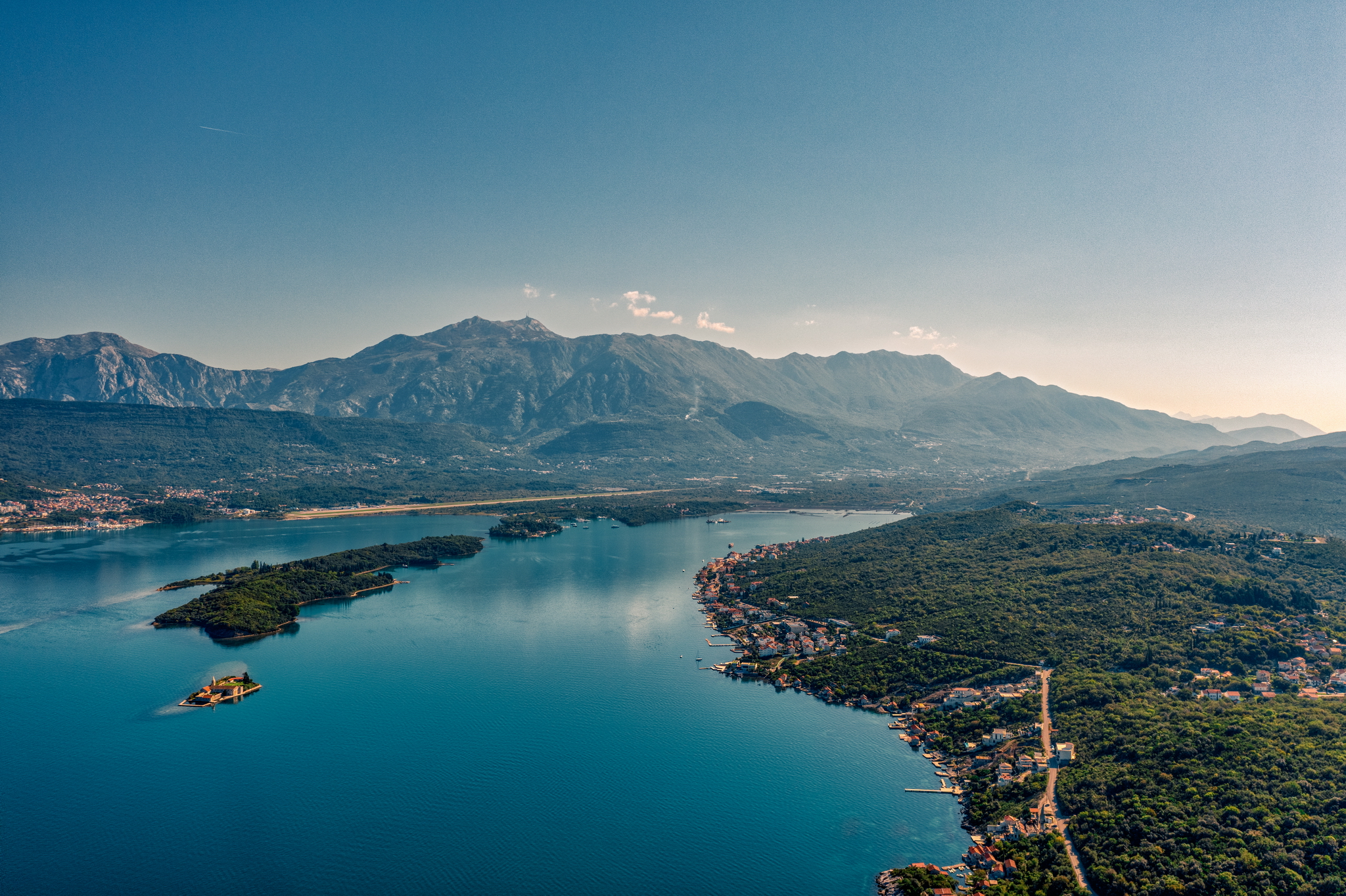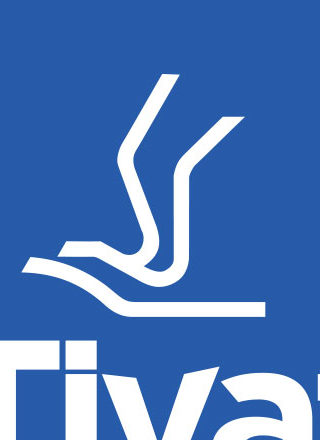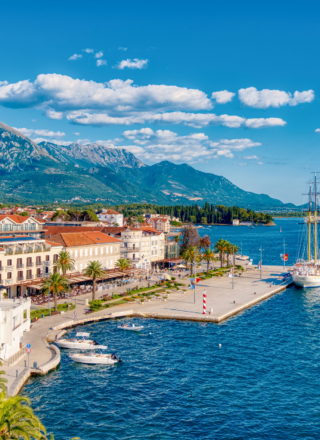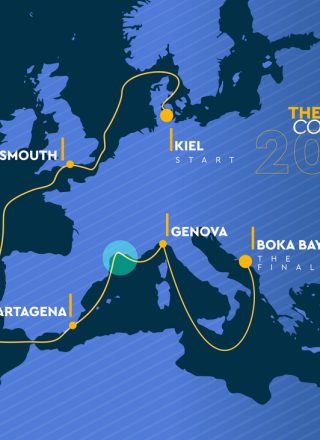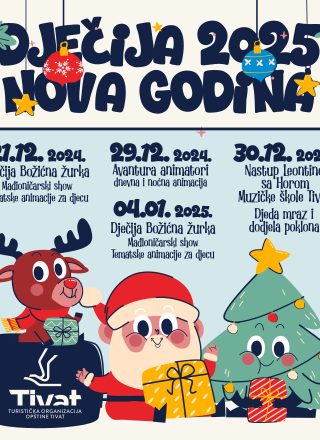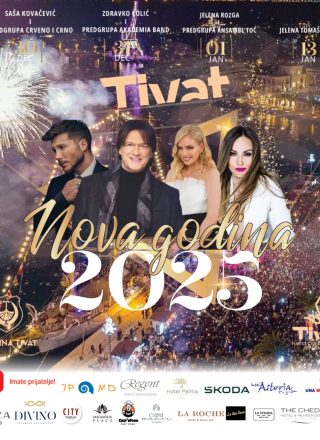Think Tank Speakers 14 November
6-November-2022Anna Pollock
![]()
Founder, Conscious Travel – UK
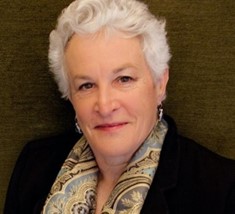
Anna has just under 50 years of experience in tourism as an independent consultant, strategist, international speaker and change agent and is now acclaimed thought leader in the emerging field of regenerative tourism and hospitality.
Past clients include the Canadian Tourism Commission, PATA, European Travel Commission, Tourism British Columbia, the Australian Tourism Export Council, Tourism Tasmania, Innovation Norway, Visit Flanders, Rotterdam Partners, departments of industry, conservation and tourism in New Zealand and Tourism Northern Ireland.
Anna is Recipient of The Visionary of the Year Award from the Canadian tourism industry; finalist in the Visionary Category of the Newsweek Future Travel Awards 2021; and in 2022 was awarded a Lifetime Achievement Award for her contribution to tourism.
Anna has undertaken seminal work in many aspects of tourism, notably in education, sustainability and technology. During the 1990s, Anna established herself as a thought leader on the strategic implications of the Internet; she created the first internet-based tourism strategy for Scotland; and co-developed one of the first multi-purpose destination management systems. She also prepared one of the first reports on the impact of climate change for the Canadian tourism industry in 2007.
In October 2016, she was retained by Visit Flanders to assist their strategic planning and, over a two-year period, supported their Travel to Tomorrow program, helping to shift their official policy from volume growth to destination flourishing. During that period, she was able to develop her unique approach to regenerative tourism and assist a number of communities through a program of action learning. That led to a LEADER project that applied the flourishing destinations concept in Angus, Scotland; Bazinul Dornelor in Romania; and Meetjesland in Flanders.
Having influenced the first ever regional tourism strategy in New Zealand to integrate regenerative principles, Anna was invited to New Zealand in 2019 and began working with the regional tourism organisations and the Department of Conservation. Her writing and speaking led her to be invited by the New Zealand Government to sit on the Tourism Futures Task Force that produced its report We Are Aotearoa in January 2021. She was the only member of the Task Force outside New Zealand.
Anna has recently been retained to advise on a regenerative recovery program for Northern Ireland and, in recently completed delivery of an online educational program Back To Life to 100 + participants in New Zealand that was designed to enable destinations and their stakeholders better understand and apply regenerative principles.
Anna’s topic:
Back to Life: Creating Destinations That Flourish
This presentation examines the reasons why tourism must change its operating model and that means changing the assumptions on which it is based and re-defining success. Tourism can make a unique contribution to human thriving but to do so, understanding its own nature and the real meaning of mindset shift is
Anna’s Regeneration Lab will be about
Tourism for Life: A Unifying Framework
In this Regeneration Lab, Anna identifies why tourism has been slow to change and examines the perspective, principles and practices needed to be truly regenerative.
How I look at the development in travel and tourism:
It’s time for the travel, tourism and hospitality sector to wake up and recognise it cannot repeat the methods that have been used in the past to create success; grow up and live up to its higher purpose of contributing to the health of people and planet; and step up to become active advocates for the level of transformational change necessary for humans to survive and thrive. It’s time to stop the defining and categorising that fragment and divide functions within the sector and integrate more closely with all the other sectors actively contributing to our individual and collective well being.
Ulf Sonntag
![]()
Managing Director at NIT, Institute for Tourism Research in Northern Europe – Germany
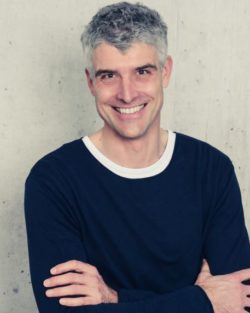
Ulf studied geography, political science and business administration at the University of Bonn, with international semesters in the USA and Switzerland. One focus of his work is the analysis of tourism market data and statistics, as well as the implementation of quantitative and qualitative market research projects. A second pillar of his work is European Projects, often with the aim of developing destinations and companies in a more sustainable and resilient way. He is teaching master’s students at IREST, Université Paris 1 Panthéon-Sorbonne, and Harokopio University of Athens, and he represents the academic member NIT at NECSTOUR.
Ulf’s topic:
Opportunities for Montenegro – Using Trends and Data to Determine Healthy Development
What are good markets, and what are good audiences for a healthy future tourism development in Montenegro? Ulf Sonntag will tackle these questions based on his experience of working with numerous European destinations and based on statistically reliable market data (e.g. the German “Reiseanalyse” – https://reiseanalyse.de/en/the-study/). He will consider the competitive strengths and weaknesses of Montenegro and explore which concrete segments might be the best ones to focus on in the future. We will also discuss what is necessary to attract the right people at the right time – and how we need to work to get barriers out of the way.
How I currently look at the development in travel and tourism:
When I look at the development of travel and tourism in Europe at the moment, I am generally optimistic. I am optimistic that despite all the current crises, people still want to travel and will travel – and I am optimistic that we in the travel industry will manage to change our business models towards a sustainable/regenerative system that will enable us in the future to travel without harming our beautiful planet.
Terena Cardwell
![]()
Project Manager / Sustainability Coordinator, Spoonbill Nest Innovation Center – Albania
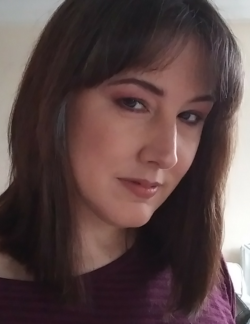
Terena manages Spoonbill Nest Innovation Center (SNIC), an NGO in Albania focused on training and education for the tourism and ICT sectors, as well as tourism development projects. SNIC represents Green Destinations in Albania and Kosovo as part of Balkan Green, promoting the Global Sustainable Tourism Council standards in the country and region. Terena is also the Sustainability Coordinator for Elite Travel Group, the first Travelife Certified tour operator in the Western Balkans, and she is currently coaching other Albanian tour operators through the Travelife program. Terena was born and raised in the United States, and has a B.S. in Wildlife Conservation Biology.
Terena’s & Bruce’s topic:
Notes from the Neighbours: Shared Strategies, Visions & Values
Pioneers in the industry from Croatia and Albania discuss common values and cultural biases in the region, and the various ways to overcome them to awaken the audience to the possibilities of responsible tourism, with transparency and accountability as fundamental principles. This session will help reframe travelling and heartfelt hospitality as part of our shared Balkan values and highlight how perceptions and misperceptions impact our common vision for the future. Finally, we will discuss how we can encourage tourism SMEs and private sector stakeholders to participate in sustainable development with a hands-on, bottom-up approach.
How I currently look at the development in travel and tourism:
Tourism, like any business or social endeavor, is a struggle between our fears and our values, our short-term survival instincts and our long-term desire for the well being of our family and community. We have seen what short-term thinking leads to: rapid, unsustainable growth that benefits a few for a short time, but falls apart at the first sign of trouble. We have to overcome our fears, and commit to long-term strategies that will ensure our communities are clean, healthy places to live, that will protect the traditions of the past and carry our collective knowledge into the future, and that can welcome visitors who will help support our economies, and share our passions for our nature and culture, for generations to come.
Bruce Yerkovich
![]()
Founder & Owner, Linden Tree Retreat & Ranch – Croatia
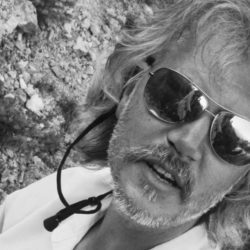
Dr. Bruce Yerkovich is an American-Croatian entrepreneur. In 2008, he founded Linden Tree Retreat & Ranch, on the slopes of Velebit Mountain in Croatia. The place is known for its transformational adventures. As a part of his research efforts, Bruce pioneered CIDER (Community, Integrity, Development, Evolution, and Responsibility), a multidimensional tool for developing sustainable and ethical business practices. He is an author, guest speaker, and lecturer in the field of sustainable development, and his services are sought after both by private and government sectors. He lives at the Ranch, where he trains horses and takes guests on horseback expeditions.
Bruce’s & Terena’s topic:
Notes from the Neighbours: Shared Strategies, Visions & Values
Pioneers in the industry from Croatia and Albania discuss common values and cultural biases in the region, and the various ways to overcome them to awaken the audience to the possibilities of responsible tourism, with transparency and accountability as fundamental principles. This session will help reframe travelling and heartfelt hospitality as part of our shared Balkan values and highlight how perceptions and misperceptions impact our common vision for the future. Finally, we will discuss how we can encourage tourism SMEs and private sector stakeholders to participate in sustainable development with a hands-on, bottom-up approach.
How I currently look at the development in travel and tourism:
Traveling is not exclusive to humans (tourism on the other hand is). Many species travel, some for sustenance, some for expanding horizons and gaining practical survivalist experiences, and some to go through a genetic change. For as far back as our collective memory reaches and archeological findings exist, we know that traveling for humans fulfilled all three roles. Hence it is deeply ingrained in our social and psychological fabric, both on an individual and collective level. We must journey if we are to reach our full potential as sentient beings. For the last 70 years, the advent of a new industry called tourism stirred the pot and confused us by offering tourism in lieu of travel. Many bought into this, especially the emerging post-WWII middle class that could afford leisure travel for the first time. This inevitably led to overtourism – in places and times of undermanagement – and the creation of one of the most polluting industries, due to its sheer size on the global level. The pandemic brought all this to a halt, crashing many tourism destinations. Now it is time to remember the purpose of why we travel and why it is good for us, both travelers and hosts. Because when we travel mindfully we journey, we enrich the destination and the destination enriches us. We make better choices both for ourselves as travelers or hosts and for the planet. We connect the dots and close the circles. We change. All of us.
Imbi Lepik-Martinson
![]()
Coordinator of the Quality System Visit Estonia
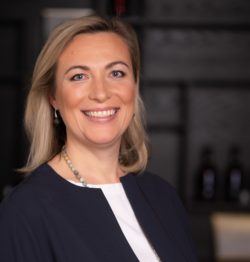
I am passionate about creating better ways for travelling and that is the main reason why I joined Visit Estonia team, now almost 4 years ago. My main task in Visit Estonia is to develop a national sustainable travel programme for destinations and businesses. During the pandemic we have been piloting Green Destinations’ programme and certification schemes for businesses.
I live in a cosy seaside resort, Pärnu, where I have worked as a consultant and board member in a business development centre. Before joining the Visit Estonia team, I was hands-on in the tourism business at Estonia Spa and Conference hotel as an event manager. I enjoy long walks with my three dogs and dog agility with the youngest.
Imbi’s topic:
The Estonian Way Towards Sustainable Travel – It’s about Time!
We have a responsibility to promote travel experiences that actively seek to limit their impact on our people and our planet. There is no other way left any longer. We know the industry can’t change overnight, but we also understand that time is running out.
Estonia is known in the world as a digital nation and with a start-up mindset. How does it help in tourism?
I am happy to share the Estonian story towards sustainable travel. How can you benefit from the international networks? What have been our biggest challenges? What solutions have we tested? Where are we today and what are the next steps?
How I currently look at the development in travel and tourism:
I truly believe that we have a responsibility to promote travel experiences that actively seek to limit their impact on our people and our planet. There is no other way left any longer.
We know the industry can’t change overnight, but we also understand that time is running out. Estonia is known in the world as a digital nation and with a start-up mindset. How does it help in tourism? I am happy to share the Estonian story towards sustainable travel. How can you benefit from the international networks? What have been our biggest challenges? What solutions have we tested? Where are we today and what are the next steps?
Simon Reuter
![]()
Research Manager, Outdooractive – Germany
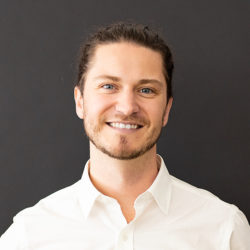
With a background in sustainable tourism management and cultural studies, Simon has worked at the intersections of tourism, development cooperation, and environmental protection for several years. A passionate hiker and mountain climber from an early age, his career has finally led him to Outdooractive, the world’s leading outdoor tourism platform. He manages research and innovation projects with a focus on sustainable regional development, visitor management, and biodiversity protection through the use of data and technology. Simon lives in Berlin and Burgberg (Allgäu) and would really like to own a dog someday.
Simon’s topic:
Forget Brochures and Websites – the Future of Tourism Marketing is Platform-Based
Marketing for destinations is highly competitive, and to reach the right target group in a jungle of websites and information is difficult. Emerging destinations in particular struggle to compete with better-known, more established players. In this talk, Simon Reuter from Outdooractive will showcase how online platforms level the playing field and give all stakeholders in tourism the possibility to reach many times more travelers with the right message than through traditional communication channels. You will learn how with low effort and little to no budget you can increase the visibility of your destination manifold and play in the same league with the big holiday destinations.
